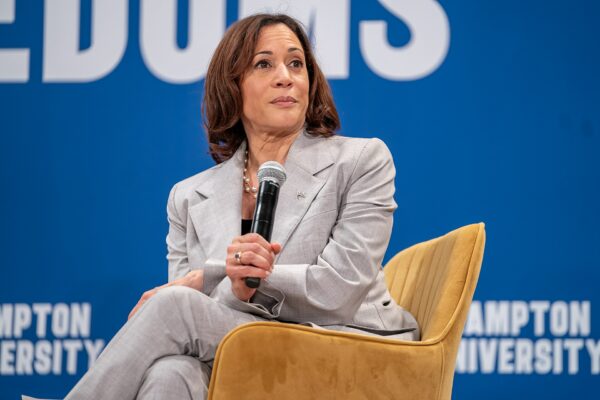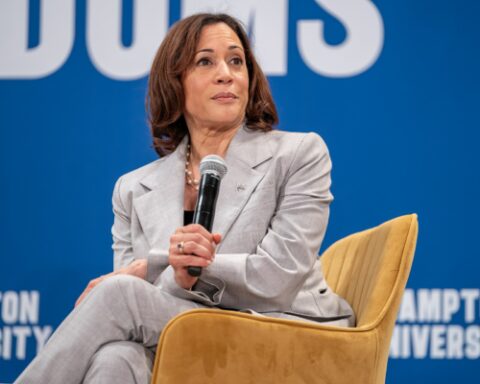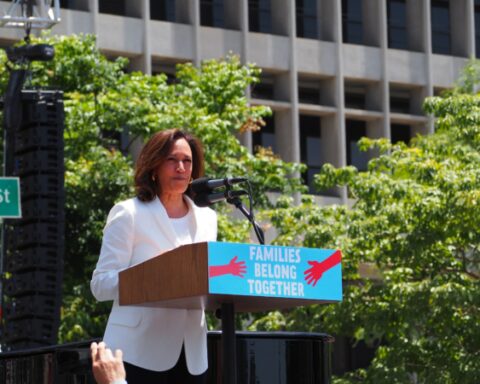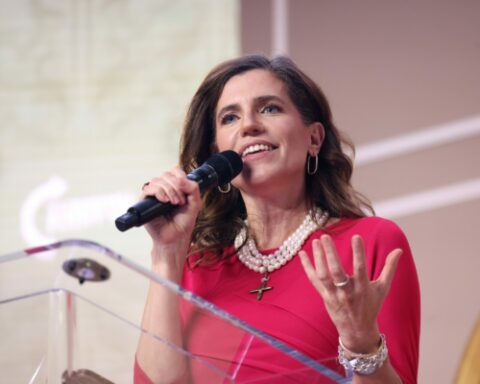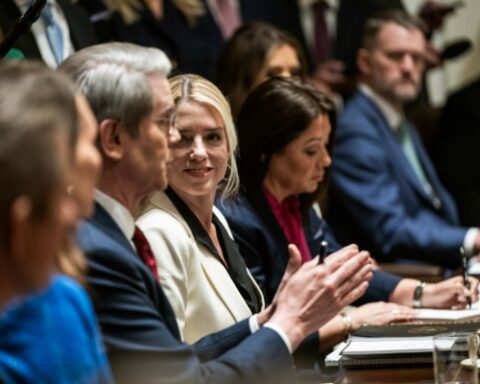On the eve of releasing her memoir, 107 Days, former Vice President Kamala Harris is once again facing questions about her political future — and about her ability to take responsibility for past failures.
In an appearance on ABC’s This Week, progressive strategist Faiz Shakir, a longtime adviser to Sen. Bernie Sanders, dismissed the idea that Harris could rally the Democratic Party behind her in 2028. “I doubt it,” he said flatly when asked about her prospects. “People are looking for people with conviction and integrity in time of corruption, economic corruption, political corruption. Who’s going to have the honesty and integrity to stand up to power?”
Harris’s new book provides her own take on her short-lived 2024 presidential bid, in which she leveled criticism at several fellow Democrats, including former President Biden and Pennsylvania Gov. Josh Shapiro. She also blamed the condensed timeline of the race for limiting her ability to reach voters nationwide.
But for Shakir, Harris’s memoir is less a candid reflection than an exercise in finger-pointing. “Some of the decisions she’s making, she said, ‘I wasn’t in control. It wasn’t my fault. It was somebody else,’” Shakir remarked. “I’m like, ‘Who? Then who was in control?’”
The criticism is particularly striking coming from Shakir, who mounted his own unsuccessful run for Democratic National Committee chair earlier this year and has long urged the party to embrace economic populism and a more combative stance toward entrenched interests.
His skepticism underscores a deeper unease within the party’s progressive wing about Harris’s authenticity and independence.
Harris has already taken herself out of contention for California’s 2026 gubernatorial race, saying in July that she wanted to focus on “getting back out and listening to the American people.” That decision left the door open for another national campaign. According to Race to the WH, Harris currently places second in early polling averages for the 2028 Democratic nomination, trailing California Gov. Gavin Newsom with 21.2 percent support.
Whether she can convert those numbers into a credible candidacy remains an open question. Harris has long struggled with accusations of political calculation and a reliance on advisers and consultants.
For Shakir, that reliance has been at the root of her missteps. “You don’t listen to consultants and the donor class,” he argued. “If you want to step into the political arena, you stand on your own two feet, you make tough decisions, and you own them, and you have a vision and a strategy.”
Conservatives see in Harris’s book and her critics’ reactions a familiar pattern: a politician quick to assign blame elsewhere while avoiding accountability for her own choices.
Harris’s decision to cast herself as constrained by forces beyond her control may resonate with some in her party’s activist base, but it risks reinforcing the perception of a candidate lacking clarity, conviction, and consistency.
Her defenders will note that Harris remains a formidable presence, with name recognition, fundraising ability, and a ready-made national profile.
Yet as Shakir’s blunt remarks suggest, even within her own ranks, doubts about her authenticity linger. For voters already weary of political doublespeak, Harris’s challenge may not be rebuilding her résumé but convincing Americans she can stand on her own.
[READ MORE: Trump Suggests Dishonest Networks Could Lose Licenses Amid Kimmel Suspension Controversy]

